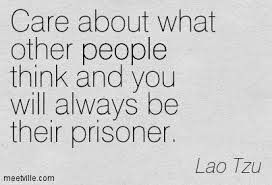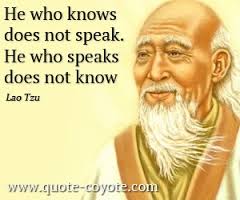Contemplation #6
“I am the thread that runs through the pearls, as in a necklace.”
The Bhagavad Gita
“Love thy neighbor as thyself.”
(Mark 12:31)
It is a psychological fact that what we focus on, we amplify. It is a law of perception amplified by the creative power of the mind. For example, we focus on what is frustrating us and our frustration intensifies. Likewise, we focus on something we love and our experience of love is intensified. It is unfortunate that in human relationships, we tend to focus far more attention on our differences than on our sameness. We read books about how men are from Mars, while women are from Venus. All the while ignoring the fact that we are all in the same solar system!
It is a biological fact that what we perceive as different from ourselves, and do not understand, we will defend against. This is a biological reflex; a survival instinct. For this reason, we can never really love and embrace the uniqueness and diversity of one another until we first recognize our sameness. By recognizing our sameness, we biologically perceive no threat; now we are able to psychologically embrace our differences.
We are all familiar with Jesus’words to love thy neighbor as thyself. When we are willing to embrace the truth that we are all children born of Christ love, children of the Divine, only then can we celebrate diversity without being threatened by it. After all,”Perfect love casts out all fear.”
In the Gita, we are told that God’s love is like the thread that runs through the pearls of the necklace. Christ love (perfect love) is literally the flow of Divine love within and through each of us. This was the wisdom of Jesus’s words when he said,” The kingdom of heaven is within you.” (Luke 17:21)
Clearly these ancient wisdom’s are telling us that before we can embrace diversity and celebrate our differences, living together in peace and harmony, we must discover and embrace our sameness. Furthermore we must first awaken to the Christ (perfect love) within ourselves before we can see the Christ in each other. Only then, will we be truly free to love one another “on earth, as it is in heaven.”






